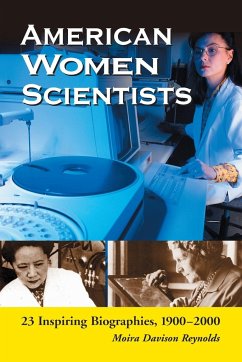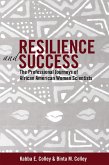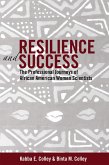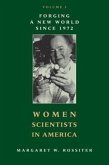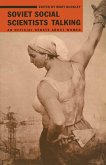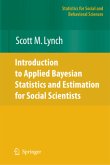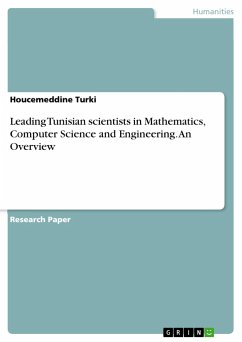For most of the 20th century, American women had little encouragement to become scientists. In 1906, there were only 75 female scientists employed by academic institutions in the entire country. Despite considerable barriers, determined women have, however, decidedly distinguished themselves. Three examples: Astronomer Annie Jump Cannon discovered five novas and over 300 other stars. Mathematician and computer scientist Grace Hopper helped invent the COBOL language. Anesthesiologist Virginia Apgar devised the now universally used Apgar score to make a rapid evaluation of a newborn's condition just after delivery. Of the 23 American women scientists covered, six were awarded Nobel prizes. Each biography is accompanied by a photograph. A bibliography and an index complete the work.
Hinweis: Dieser Artikel kann nur an eine deutsche Lieferadresse ausgeliefert werden.
Hinweis: Dieser Artikel kann nur an eine deutsche Lieferadresse ausgeliefert werden.

